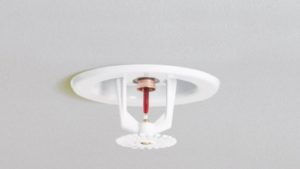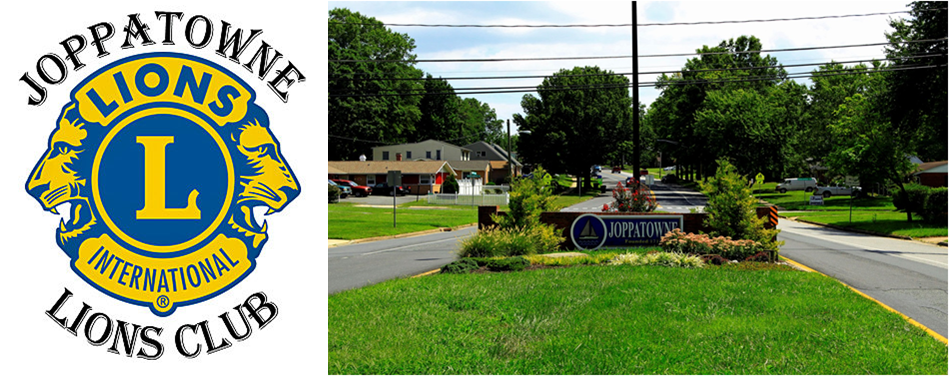Fire Safety Tips for Your Home

Home Sprinkler System
Fires are responsible for more deaths in the United States on an annual basis than all other natural disasters combined; even more than war and drug abuse. Unfortunately, most deaths resulting from fires occur in the home.
Our children and the elderly are at greatest risk and we owe it to them to take the extra step where feasible.
Home sprinkler systems in new construction homes have become mandatory in some States and optional in others, but are still lacking in most; especially in older homes. Simply put sprinkler systems save lives and save property. They work automatically and immediately, before a fire can spread. The National Fire Protection Association reports that people with smoke alarms in their homes have a 50% better chance of surviving a fire. Adding sprinklers to your smoke alarms increases your chances of surviving a fire by over 97%.
Nationwide studies have shown that property damage is up to nine times lower in homes equipped with sprinkler systems.
Consider a system for your home
Fire Sprinkler systems not only save lives and property and provide a heightened ‘Peace of Mind’, but they also add a very real enhancement to your home and property values. According to the State Fire Marshalls Office of Delaware, a new 2,000 square-foot, 2-story, 4-bedroom single family home that would cost $300,000 to build would cost $303,500 if equipped with automatic sprinklers. A smaller 1-story, 3-bedroom home (1,400 square feet) would cost $190,000 to build and would cost $192,500 if equipped with a sprinkler system. These figures equate to a range of $1.75 to $1.80 per square foot, but costs can vary with a number of construction factors including your geographical location. The National Fire Protection Association studies have reported that nationally the average cost to homebuilders, in dollars per covered square foot, has decreased to $1.35 in 2013. They attribute this downward drive of the cost of home fire sprinklers to increased demand and cheaper materials. Regionally, Maryland conducted a cost analysis in 2015 that indicated the average cost per square foot was $1.44 with figures ranging from $0.95 to $2.25 per square foot. Add to this consideration the fact that fire sprinkler systems last for the life of the home.
Because fire sprinklers in the home most often keep the potential for catastrophic damage low, your insurance rates will typically reflect that through reduced rates. According to tests, known as the ‘Scotsdale Tests’ (to ascertain the difference between fire damage losses in homes that were sprinkler protected and fire damage losses in homes that were not protected by sprinklers), conducted by the United States Fire Administration, the National Fire Protection Association and others, it was estimated that there was a property savings of 85.2% due to the presence and ability of the fire sprinkler systems to control the incidents. The property loss where sprinkler systems were present was estimated at $17,200. The estimated loss without the sprinklers averaged $116,000, a difference of $98,800.
Easy to maintain
A typical home sprinkler system is relatively maintenance free and will last for the life of the home. As with any utility, major appliance or piece of equipment, there are a few things a homeowner can do to ensure that the system is kept in operational condition such as employing a professional sprinkler contractor who performs periodic inspection/maintenance services for residential systems.
FAQ’s
Don’t sprinklers leak over time? No, sprinkler systems are pressure-tested to at least the same level as your homes plumbing system. Like your home plumbing, the chances for leaks are near zero unless the system is physically damaged. Sprinkler systems are not exposed to outside extreme cold conditions so they are protected from freezing. Most importantly, sprinkler heads remain closed until set-off and are not subject to the wear and tear of daily use such as your faucets.
Do they all go off at the same time? No. Each sprinkler head operates individually, unlike what you typically see in a Hollywood movie. Unless the fire and/or heat is widespread, the individual sprinklers will generally prevent others from activating. In nearly all cases there is not enough heat to open the next nearest sprinkler. In the rare case that the heat is too much for the nearest sprinkler, the next nearest sprinkler will open to overcome the fire.
Is it smoke or fire or both that sets them off? Fire sprinkler systems are activated only by heat from a fire at or near the individual sprinkler head, not smoke.
People say water will cause more damage than the fire itself! Not necessarily. A residential sprinkler sprays only about 13 to 18 gallons of water per minute and is designed to operate early in a fire to stop it, or bring it under control. Compared to the average of 250 gallons per minute under high pressure used by conventional fire hoses and the fact that usually by the time the Fire Department arrives, your home and possessions have likely suffered far more damage than they would by the use of low pressure sprinklers. Without sprinklers, the heat and smoke damages furniture, furnishing, and possessions as it spreads unimpeded throughout the house. When sprinkler protection is provided, the nearest sprinkler stops the fire before it can develop into a catastrophic incident. There is no question that some damage to structure or possessions will occur, but statistics show far less damage and loss where sprinkler systems have been in place and activated.
Additional Resources:
National Fire Sprinkler Association
National Fire Protection Association (NFPA)
RapidResponse Residential Fire Systems
Top Ten Fire Protection Contractors in Harford County:
